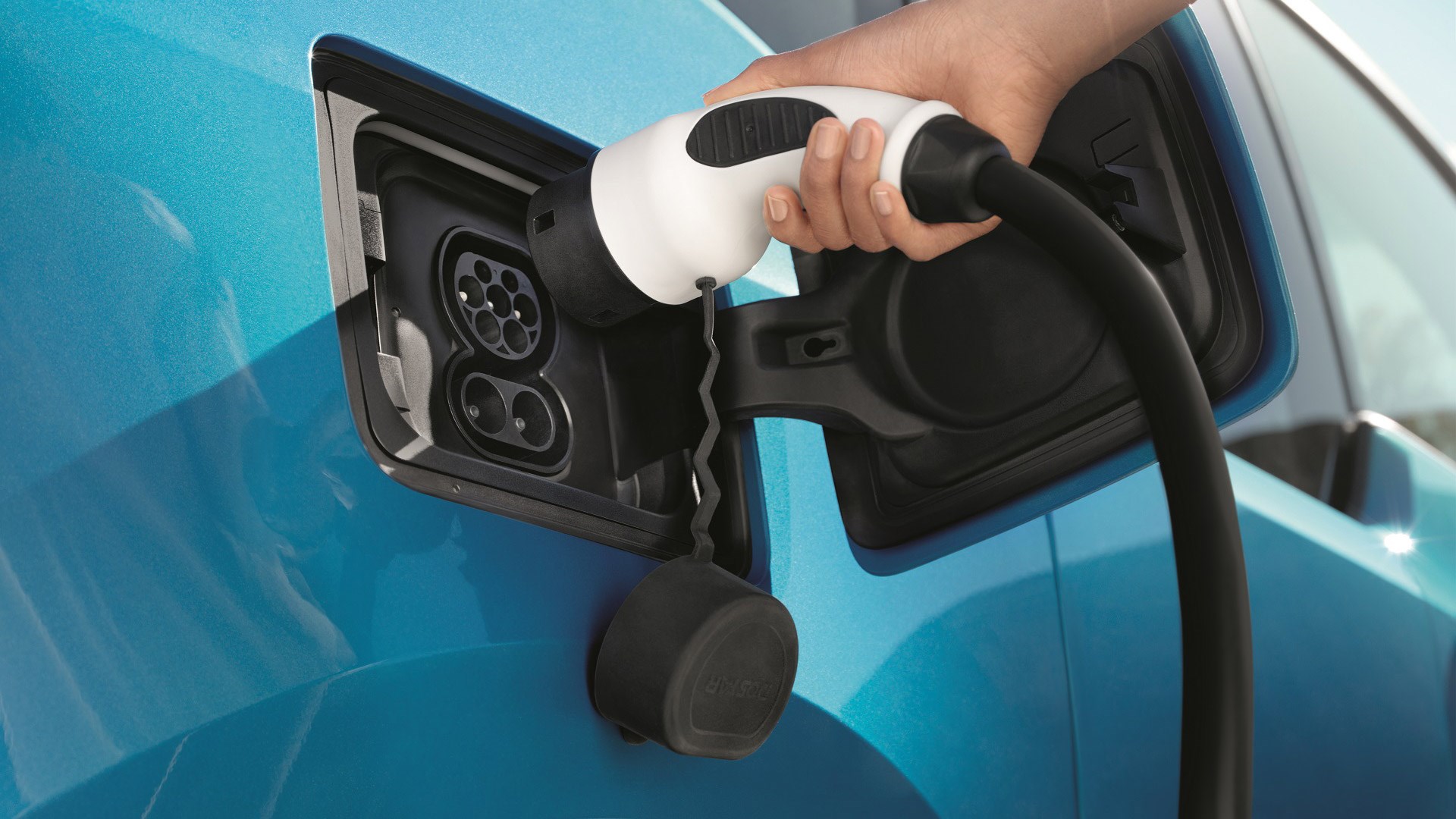How much range do I need when choosing an EV?

You’ve decided to make the leap to an EV, but most models offer a range of different battery options. So how can you figure out how many miles of range is right for you?
Doing more miles on one charge can seem incredibly enticing, but do you really need a car with a huge range, or would a more modest capacity suit you? Here are some key factors to consider when choosing what EV is best for you.
Going the distance:
How often do you think you will need 300 miles of range? The average driver does 73 miles a week for commuting and even when throwing in the school run, 300 miles will be excessive for most drivers. Couple this with charging points at your home, your office, and even at the supermarket, the standard battery options offered will be more than enough for most drivers’ weekly routine.
Of course, cars are not just for the daily commute and errands. With a rise of 73% for staycations this year, a lot of drivers will need a vehicle that offers them the ability to go on long road trips all around the country. Despite the abundance of charging stations, charging mid-journey might still be needed, so if you know that your car will be used for more than just the commute and weekly errands, an EV with a longer range may be right for you.
Expecting the unexpected:
Despite the ever-improving charging infrastructure, you should always check the availability of charging stations in your area and along your regular routes, just in case an unexpected road closure or charging point detour adds more miles than the battery can provide. Take a look at Zap Map’s Charging Map to plan our journey:
Zap Map's Journey PlannerYou should also be aware that weather has a huge effect on the performance of a battery. During the winter, numerous parts of the UK can suffer from cold temperatures. This weather, along with the justified need to put the heater on, will the reduce the range of your EV. That is why if the quoted range would only just suffice in normal circumstances, then it would be best to pick the slightly longer-range model.
Fact-checking:
It’s worth noting that EV range estimates provided by manufacturers are typically based on ideal conditions, and range can vary due to several factors such as weather, wheel size and cargo. Tusker uses real-world ranges on our comparison or quote which will give you a realistic sense of what to expect.
Our in house experts will be happy to advise you on any questions you may have, give us a call today.
Contact Us